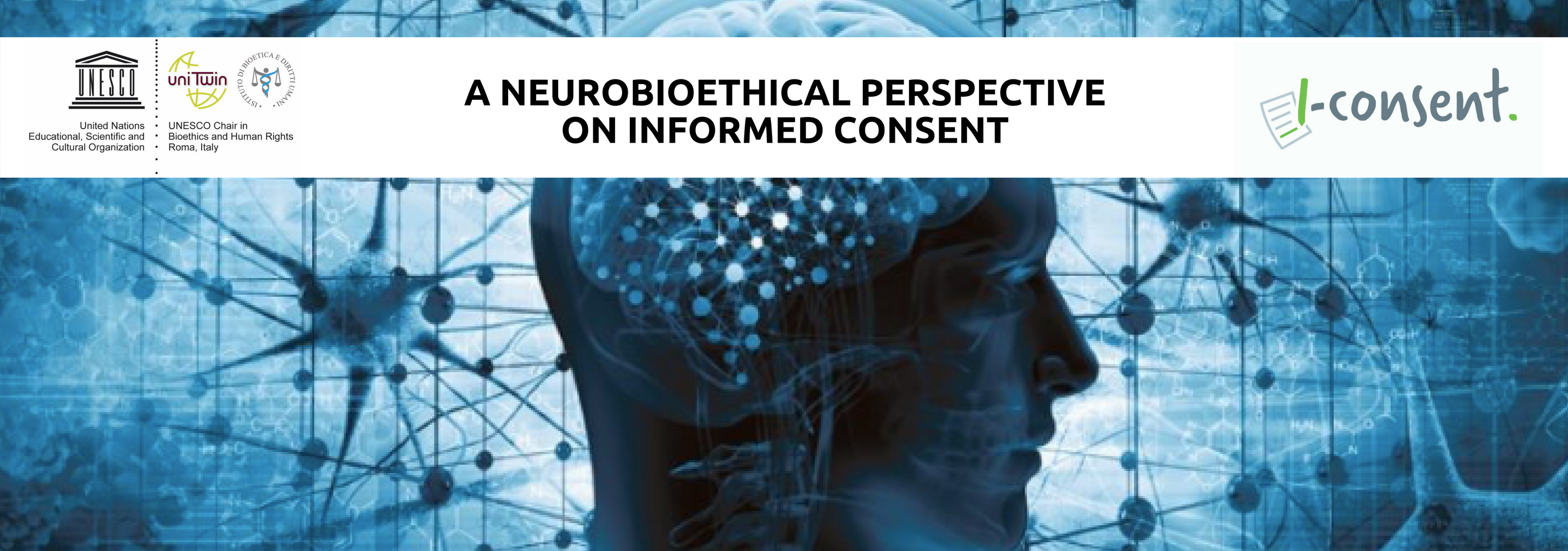
- This event has passed.
A Neurobioethical Perspective on Informed Consent
December 13, 2017 @ 9:00 am - 5:00 pm

UNESCO Chair presents is first one-day workshop: A Neurobioethical Perspective on Informed Consent within the i-Consent project which works on improving guidelines for Informed Consent, including vulnerable populations, under a gender perspective.
During the workshop ten experts on the field will discuss:
1. What would be the consequences of reaching an identification of the neural correlates of the ordinary decision-making process behind the notion of informed consent?
2. Cognitive and other enhancers might paradoxically create new groups of vulnerable populations (i.e. soldiers): what are the implications of this awareness in relation to informed consent?
3. Cultural biases have been proven to exist also at a neuronal level, in which way should we filter such an information in relation to informed consent?
